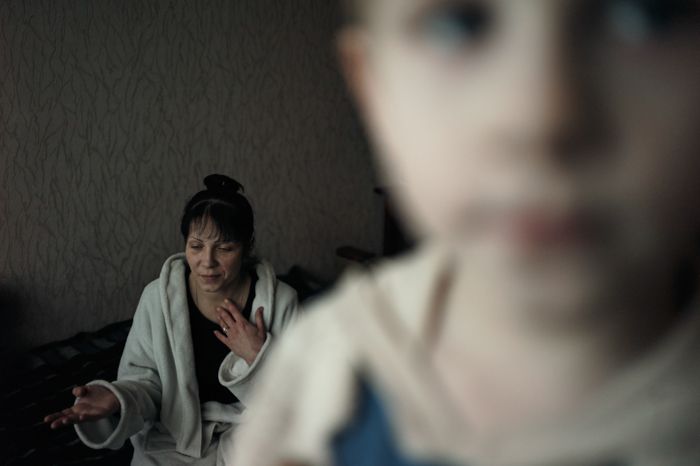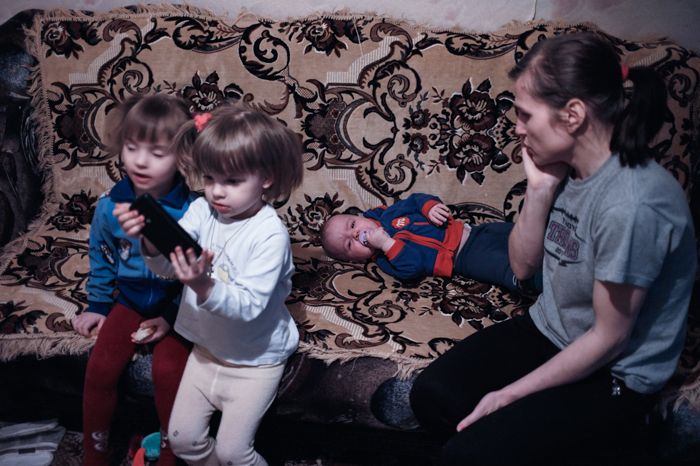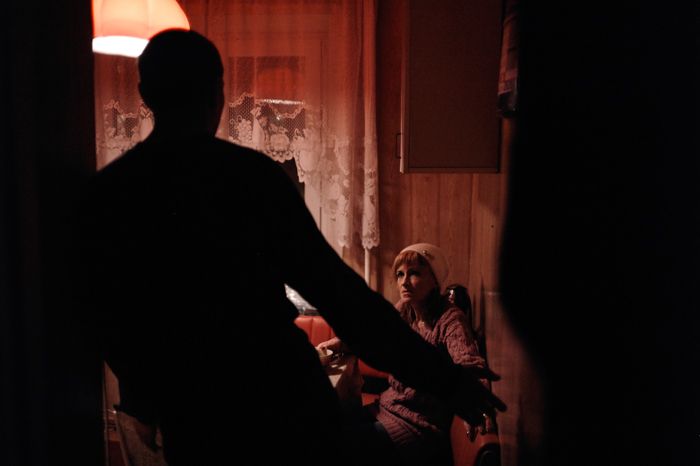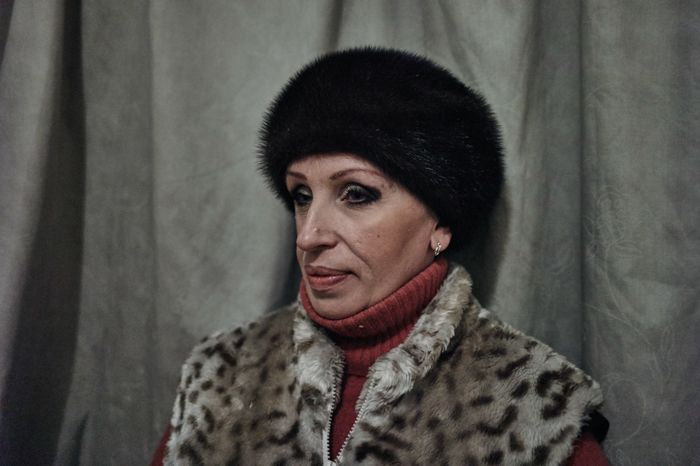Although the world's attention has shifted from the war in eastern Ukraine to other events, daily sporadic fighting still continues in the region. But an even greater impact the war had on the lives of vulnerable people - in particular women and children living with HIV.
Over the past decade, Ukraine has become one of the countries with the fastest HIV / AIDS growth. The number of patients in eastern Ukraine, in comparison with the rest of the country, was growing three times faster. Now, over 8,000 people living with HIV are in the territory controlled by separatists, and all of them are suffering from lack of medicine and doctors. Pro-Russian separatists have banned most international medical organizations from providing assistance and gathering accurate information about the situation.
In the territory controlled by Ukraine’s government the situation is complicated by the large number of internally displaced people and thousands of demobilized soldiers returning to their families with PTSD [post-traumatic stress disorder]. Last year there was a significant increase in violence, which affected women.
In families where both or one parent is living with HIV, the situation is particularly severe, because of widespread discrimination and stigmatization of people living with HIV. Heavy fighting has ended over a year ago - and all this time displaced women and children with HIV continue to fight in search of shelter and permanent employment.
To view the full slideshow in Ukrainian, click here.









